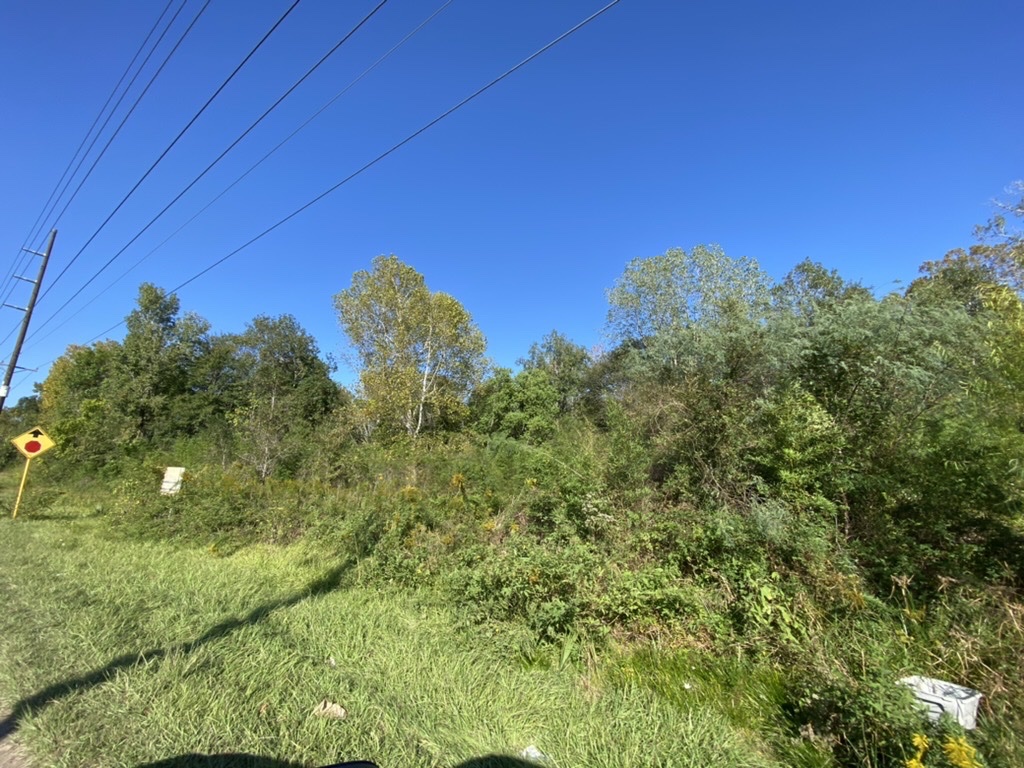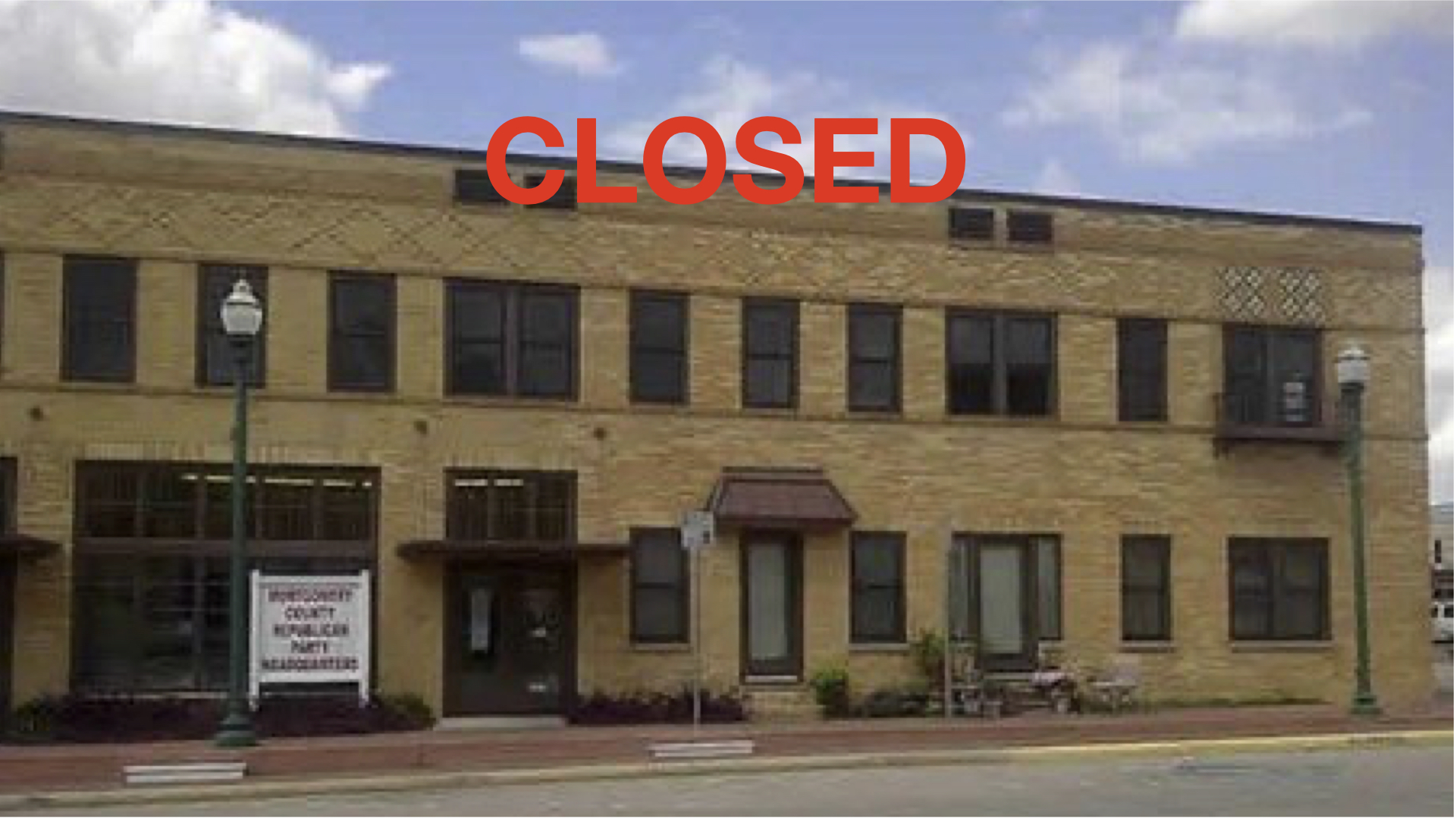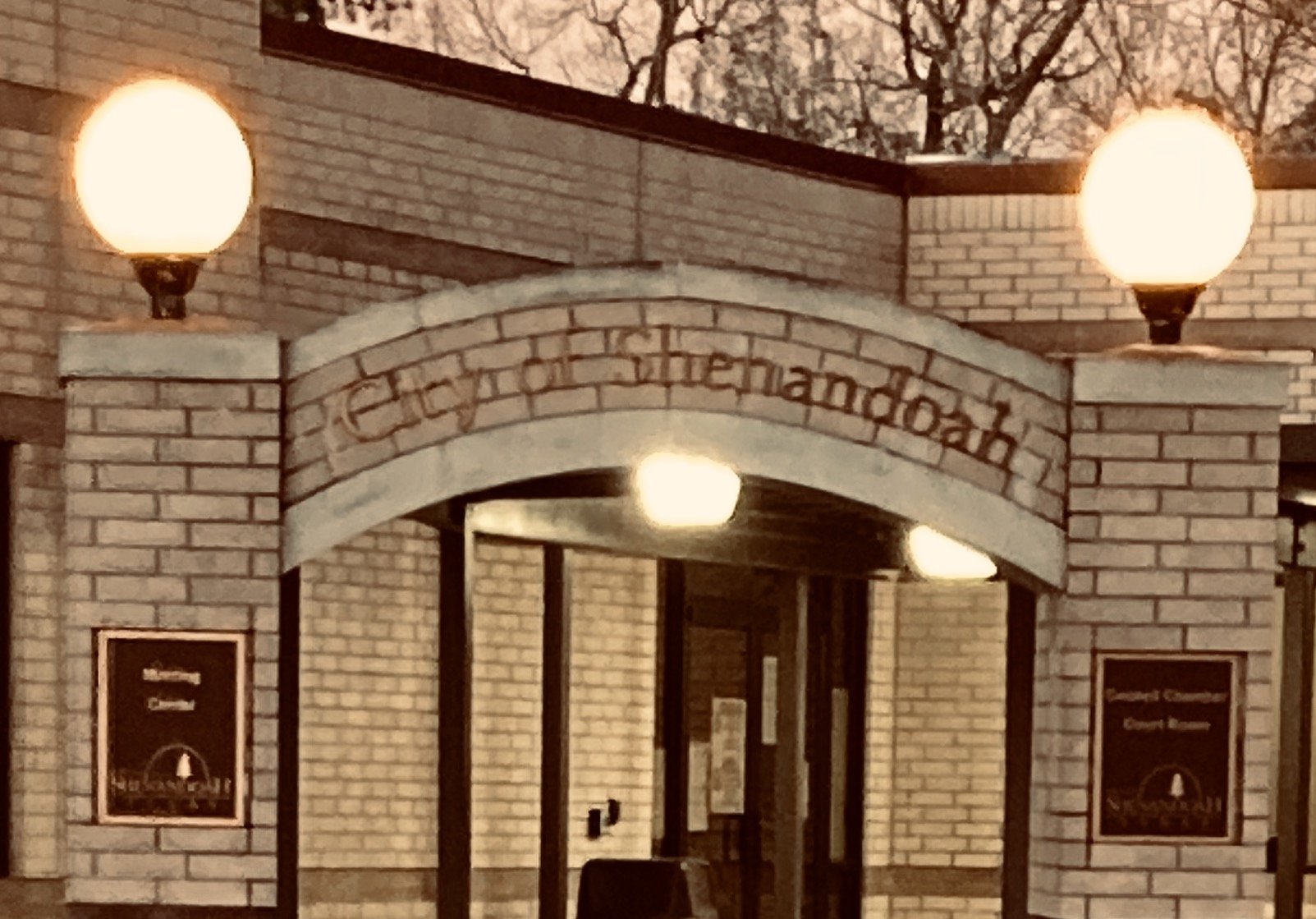Despite multiple objections from residents, city attorney Bill Ferebee claimed state law makes it “pretty darn crystal clear” that the city cannot enforce its own zoning regulations and will likely grant a Special Use Permit (SUP) which would allow medical marijuana to be dispensed near homes along Holly Hill (see Agenda Item 6).
During the August 20 Planning & Zoning meeting, residents expressed support for patients who would benefit from medical marijuana but they questioned why this location was chosen rather than other available locations in the city such as Vision Park with its multiple medical facilities.
Section 487.201 of the 2015 Texas Compassionate Use Act cited by Ferebee states that cities cannot “enact, adopt, or enforce a rule, ordinance, order, resolution, or other regulation that prohibits the cultivation, production, dispensing, or possession of low-THC cannabis, as authorized by this chapter.” Although the Act became effective in 2015, Ferebee said it “clearly trumps” the city’s 2011 zoning regulations which would not allow this type of business without a SUP.
However, the statute does not require cities to grant special use permits to accommodate such businesses. It simply states they are not allowed to enact, adopt or enforce rules specifically prohibiting various activities involving low-THC cannabis. City zoning laws are very general and were enacted a few years prior to the 2015 Act. Further, these zoning restrictions do not specifically mention or target any “cannabis” operations, as contemplated by the Act. Arguably, the Compassionate Use Act has no application whatsoever to the narrow zoning issue facing Shenandoah and state legislators should have excluded pre-2015 zoning laws from the Act.
A representative from Compassionate Cultivation, LLC who requested the SUP also spoke at the meeting and pointed out that some patients have had to drive long distances to access the medication and this new location would be helpful. He said the product would be delivered daily and none of it would be stored overnight. He said it was not feasible for the company to locate in Vision Park or similar areas because of limited availability and certain federal laws relating to landlords.
P&Z chairman Wes Stephens said that his house is also located very close to the proposed business and that he spoke with several residents to solicit their input. He said there was a split, with some supporting it and others opposing. Stephens seemed convinced by Ferebee’s arguments and said he was impressed with the company’s headquarters in Austin.
Shenandoah would not receive any tax revenue from this business, and it is unclear what, if any, benefit this business would bring to the city.
One resident asked whether the city would be willing to challenge the law. Ferebee replied that there was nothing to challenge and that it would ultimately be up to city council.
It is noteworthy that Ferebee did not mention the possibility of requesting a written Attorney General opinion (which would interpret the law and clarify whether it applies to pre-existing zoning ordinances). The request would have to be made through the district or county attorney, or other designated individuals (citizens are not permitted to make such requests). Such an opinion would be valuable not only to Shenandoah, but to many other cities and affected entities in Texas.
The second public hearing will be held during the next P&Z meeting on Tuesday, September 17 at 6 pm at city hall, and after that a recommendation from P&Z will be sent to city council.
Citizens are always welcome to speak at council meetings on any topic during Citizens Forum; the next city council meeting will be Wednesday, August 28 at 7 pm.




